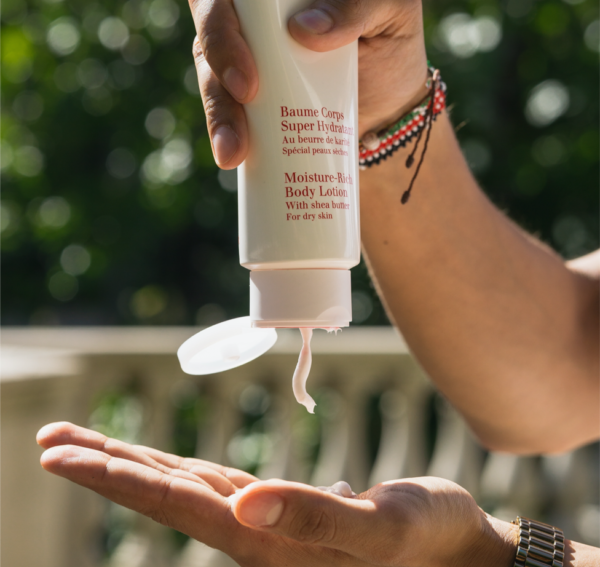
Use Adaptive Skin Care to have year-round healthy skin
Adaptive Skin Care refers to the ability to adjust your skin care to changes in external skin stressors such as indoor temperature and humidity as well as solar ultraviolet radiation. Variations in the relative humidity and temperature of indoor air are directly linked to the temperature and water vapor content of outdoor air. Consequently, as the weather changes, the indoor drying stresses on skin also change—even though you can’t sense them. Adapting your skin care to the changing drying stresses requires two basic actions:
- Monitoring the drying stresses on skin and
- Managing the skin’s responses to those stressors.
As depicted in the accompanying diagram, a proactive approach to dry-skin prevention and care requires the monitoring of indoor humidity as well as the Dry Skin Index (DSI), which is a function of both relative humidity and temperature.

Proactive skin care to prevent and manage the potential for dry skin depends on the routine monitoring of indoor air for humidity and the Dry Skin Index.
Each monitoring activity corresponds to a specific management action. In the case of humidity, it is the operation of a humidifier that releases water vapor to indoor air. For example, when relative humidity in a bedroom consistently drops below 40 to 45%, operating a room humidifier while you sleep will help reduce drying stresses and enhance skin hydration. Monitoring the DSI on a daily basis will inform your skin-care choices regarding the application of moisturizing lotions and creams to areas of your body that are prone to dryness or flaky skin.
Use the Dermidia Select web app to evaluate the magnitude of drying stresses in your house and also get recommendations regarding moisturizing lotions.
